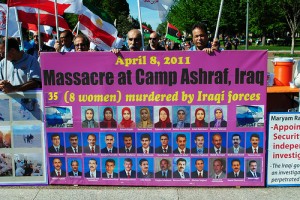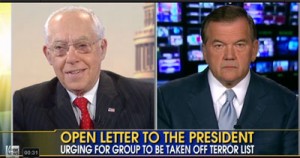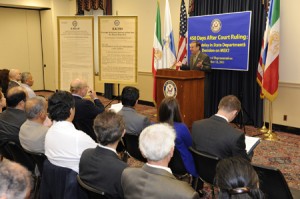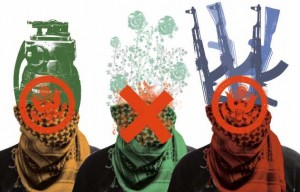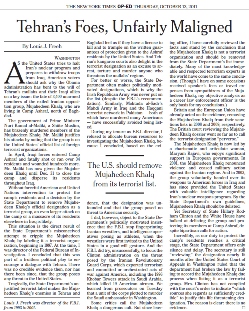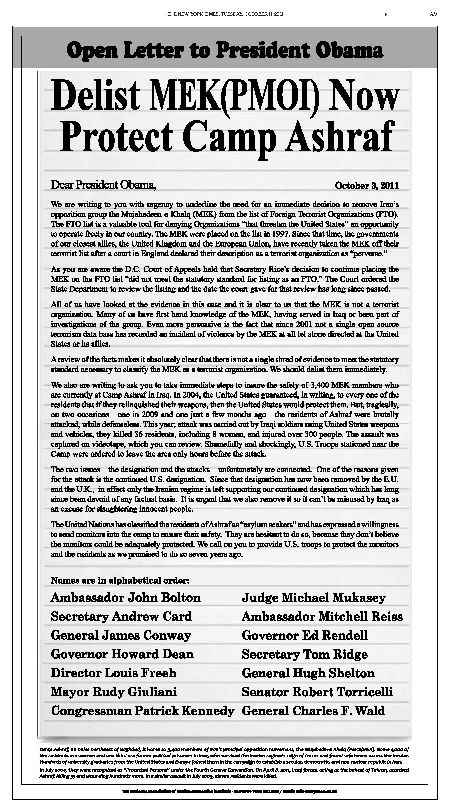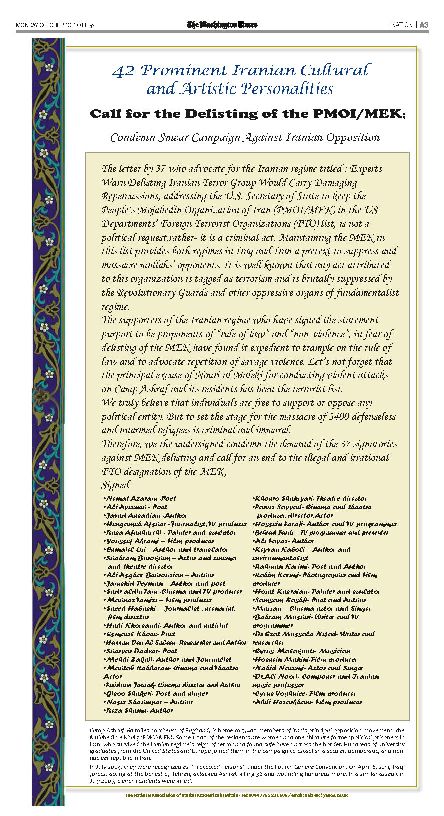AGENCE FRANCE PRESSE
BRUSSELS — Iranian dissidents, backed by Belgian, European and US politicians, Tuesday urged the international community to press Iraq to postpone the closure of a camp housing thousands of outlawed Iranians.
“The US remains morally responsible for the people of Ashraf,” said former Democratic presidential candidate Howard Dean, referring to Camp Ashraf, home for the past 30 years to 3,400 Iranian dissidents, now facing expulsion by year’s end.
“We have 74 days left until the deadline,” he told a gathering of hundreds in Brussels. “We have 74 days left until all the American troops are withdrawn and there is no protection left.”
The camp, which has become a mounting international problem, has been in the spotlight since an April raid by Iraqi security left 34 dead and scores injured, triggering sharp condemnation. Iraq wants its closure by December 31.
It was set up when Iraq and Iran were at war in the 1980s by the then Iranian People’s Mujahedeen and later came under US control until January 2009, when US forces transferred security for the camp to Iraq.
The camp’s residents are being assessed individually by the UN High Commissioner for Refugees after applying for refugee status, to allow them to resettle elsewhere, but fears are that the process cannot be completed within the time-frame set by Baghdad.
Maryam Rajavi, who heads the National Council of Resistance of Iran, urged quick international action “to cancel the suppressive deadline set by the Iraqi government”.
Last month, EU foreign policy chief Catherine Ashton appointed an advisor to help resolve the issue and the head of a European parliament group on Iraq, MEP Struan Stevenson, said “Ambassador De Ruyt should visit Ashraf as soon as possible”.
http://www.google.com/hostednews/afp/article/ALeqM5iCyMRHQf6W8oirE-6I9IKzx5tkag
